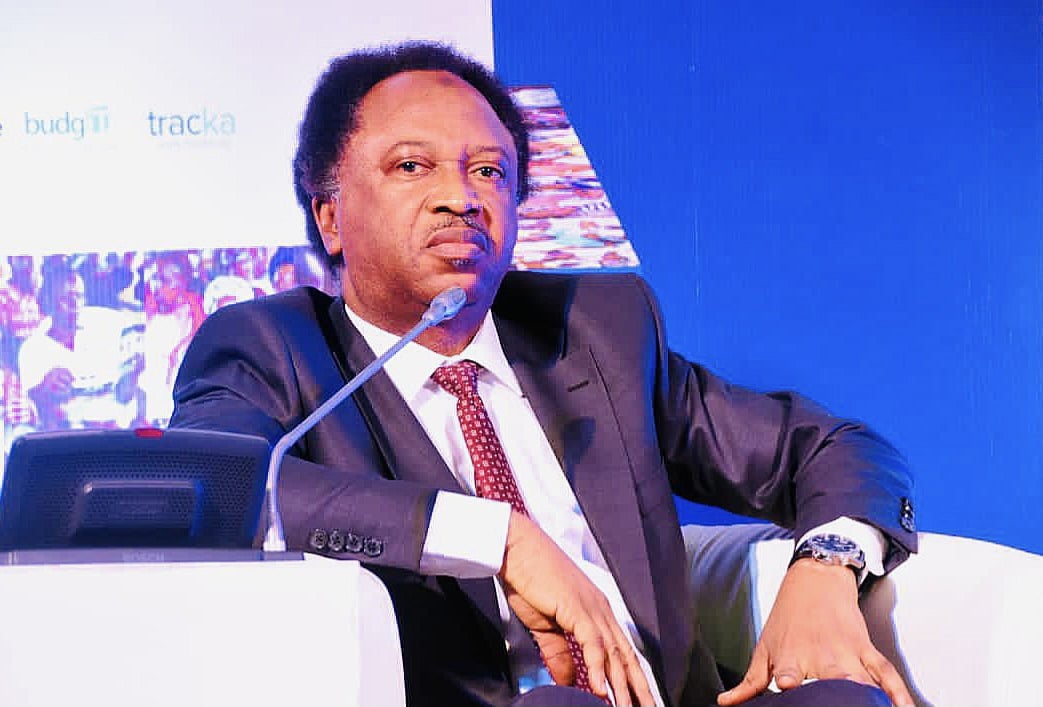- Details
- East Africa
- 577
Former Nigerian lawmaker, Senator Shehu Sani, has raised the alarm, alleging that some European politicians have launched campaigns to criminalise the President of Rwanda, Paul Kagame, in a bid to destabilise the country.
According to the Peoples Democratic Party chieftain, these European politicians are allegedly taking advantage of the crisis in the Democratic Republic of Congo, DRC, to create chaos in Rwanda.
The former lawmaker questioned why Europeans had “suddenly woken up to love the DRC after failing to help the country for decades.”
In a post on his official X handle, Sani wrote: “I have noticed that some European politicians have started a serious campaign to criminalise President Kagame and destabilise Rwanda by using the problem of the DRC. They have always been looking for such an opportunity.”
He added that while Africans “must take the lead in searching for peace in the DRC, we must all collectively stand against their ulterior motives for the destruction of Rwanda.”
The United Nations had earlier reported that eastern DRC had been plunged into conflict, with M23 rebels capturing several cities.
The report stated that nearly 3,000 people have been killed so far, with a further 2,880 injured. By Ochogwu Sunday, Daily Post






